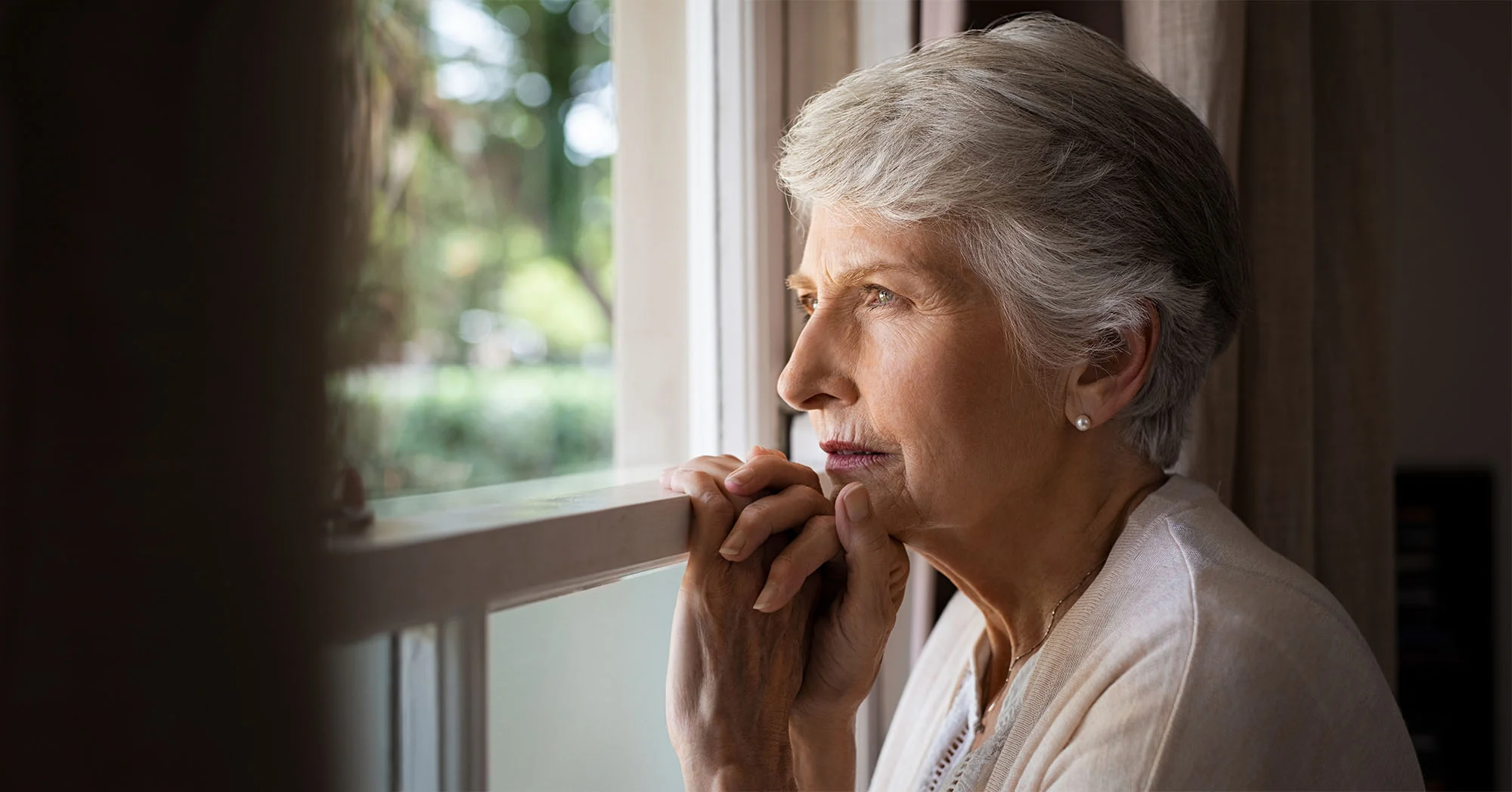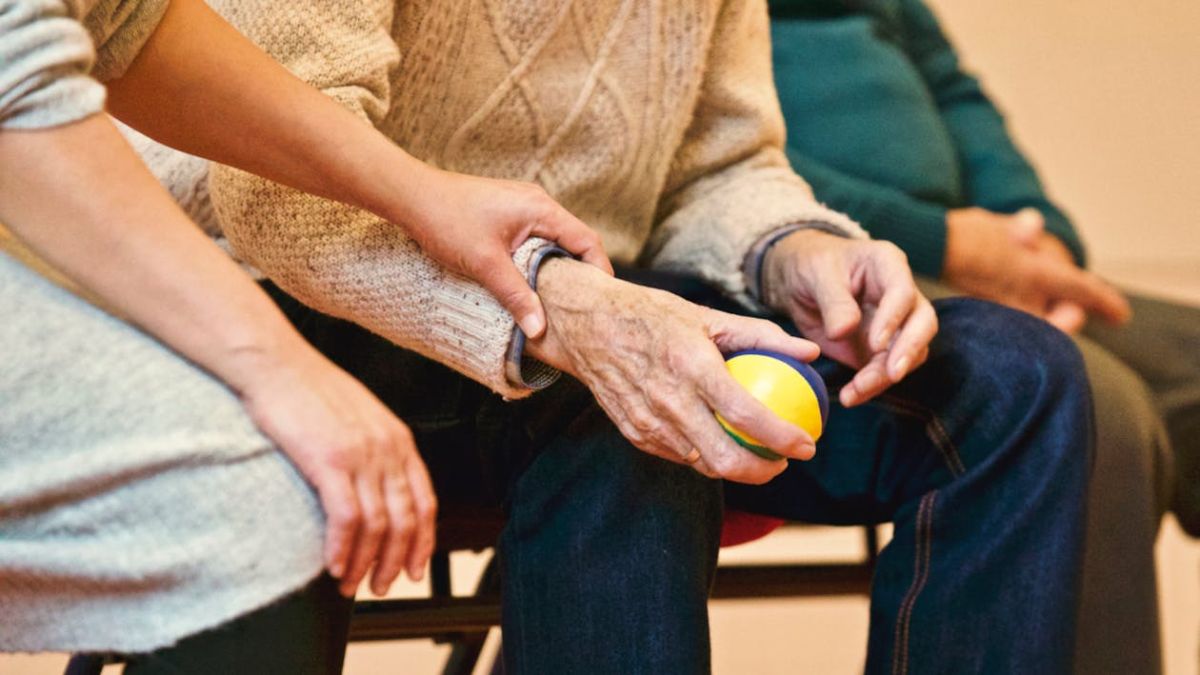Summer is here, and while that means extra fun in the sun, it also means it’s time for extra protection from the sun. Excessive heat can cause dangerous conditions such as dehydration, heat cramps, heat exhaustion, and heat stroke. Therefore it’s important to be aware of how to better care for ourselves and our loved ones during the rising temperatures of the Summer. It can be easy to get lost in the joys of summer fun, that’s why True Care is here to remind you how to keep your cool, and share some tips for beating the heat this summer.
We’d also like to point out how important it is to keep a close eye on older relatives in the Summer, and warmer temperatures in general, as an average of 702 heat-related deaths occur in the U.S. each year. This is because older bodies hold more heat than younger ones when the temperature climbs, and glands don’t release as much sweat. The heart doesn’t circulate blood as well as a younger body, so less heat is released from vessels in the skin. Cardiovascular and immune systems also struggle to compensate.
Below are some tips to help you and your loved ones beat the heat this summer!
True Care’s Summer Health Tips:
- Master the application of sunscreen: Some spots on the body are easy to overlook, like the tops of the feet. Use a sunscreen marked “broad spectrum” and with an SPF 30 or higher (especially between 10 a.m. and 4 p.m., when the sun’s rays are strongest). Before heading outside, make sure the whole body is covered, including these easy-to-miss spots:
– Lips
– Ears
– Scalp/hairline (If you don’t want to use sunscreen on your scalp, wear a hat instead)
– Eyelids
– Hands
– The area between the inner corner of your eye and the bridge of your nose
- Stay hydrated: Drink plenty of cool water (at least 8 glasses of 8 oz per day) and other natural liquids that don’t contain alcohol or caffeine. Alcohol and caffeine cause you to lose water in your body by making you urinate more. Our bodies also lose salt and minerals when we sweat, so it’s important to replace them. Squeezing a lemon into water provides 21% of a person’s daily required dose of vitamin C.
- Make healthy food choices: Enjoy as many fresh seasonal fruits and vegetables at their peak growing season during the Summer. Consuming foods that are cooling and light— fresh fruits, vegetable juices, and raw salads—will nourish your body for summertime activities. Include nuts, seeds,sprouted beans, soy products, yogurt, kefir, and cottage cheese with at least one meal. Fish and poultry can also be eaten for protein.
- Choose cool clothes: Wear natural fabrics, such as loose-fitting, white cotton or light linen shirts. Dark fabrics absorb light more than lighter ones. Top it off with a lightweight, broad-brimmed hat and you are dressing like a pro! These simple changes will help you both stay cool and avoid sunburn.
- Prioritize mental health: While summer is often associated with relaxation, it’s important to acknowledge that this season can also bring unique challenges to our mental health. The pressure to make the most of the sunny days, changes in routines, and increased social expectations can cause one to feel overwhelmed. Take time to practice mindfulness, pursuing hobbies, or enjoying quiet moments in nature. Managing stress through techniques like deep breathing, exercise, or journaling can also be beneficial. Seeking support from loved ones or professional resources can provide emotional support.
Heat stroke amongst the elderly:
When the temperature climbs above 80°F, older adults need to be proactive and take precautions to avoid illness, injury, or even death due to excessive heat. Children up to 4 years old and people aged 65 years and older are at the greatest risk for heat-related illness. Additionally, older adults are more likely to have chronic medical conditions that affect the body’s response to temperature, or they may take prescription medicines that alter the body’s ability to control temperature or sweat.
Spending too much time in the heat in general can lead to dehydration, heat exhaustion, or even heatstroke. Be sure to know the signs of these conditions, so you can seek medical help if necessary. The signs of heat exhaustion include:
- heavy sweating
- dizziness
- lightheadedness
- weakness/fatigue
If untreated, heat exhaustion can lead to heatstroke, a medical emergency. If you or someone you’re with shows signs of heatstroke, call 911 immediately. The signs of heat stroke include:
- a high body temperature
- confusion
- unconsciousness
- not sweating even when it’s hot
- dry, flushed skin
- strong, rapid pulse
- or a slow, weak pulse
In older people, the thirst mechanism does not work as well as it does in younger people. That means, they may not feel thirsty, and they could still become dehydrated quite easily. Their ability to sense temperature change and notice when they are too hot may be impaired. This could be caused by a cognitive impairment or due to the fact that the nervous system’s ability to sense temperatures decreases with age. In general, older people do not thermoregulate as well as younger people do. This means they cannot maintain body temperature with greatly controlled self-regulation like younger folk.
The best way to protect older adults from overheating is by making sure air conditioning and fans are used during hot months, and that they are not outside for prolonged periods of time. Caregivers should make sure their loved one is able to turn the air conditioning on and understands the importance of using it, particularly if they may have a cognitive impairment. Hydration is another key element.
Pro tip: One way to check for dehydration is to pull up the skin on the back of the hand for a few seconds; if it does not return to normal almost immediately, the person is dehydrated.
Summing it up:
While the summer can be a fun and exciting time of year, it can also present many health risks if you’re not protecting yourself. That’s why it’s wise to stay informed and take steps to help yourself over the summer. Taking preventative measures can help to avoid any heat-related illnesses or issues.
The best way to avoid heat-related illness is to stay well hydrated, properly protected, and well balanced. That is, wearing the right clothes, regularly applying and reapplying sunscreen and drinking plenty of water daily.
From all your friends at True Care, we hope you have a fun, and safe summer!
DISCLAIMER: THIS BLOG DOES NOT PROVIDE MEDICAL ADVICE
The information in this blog is for informational purposes only and is not intended to be a substitute for professional medical advice, diagnosis, or treatment. Always seek the advice of your physician or other qualified healthcare provider with any questions you may have regarding a medical condition or treatment and before undertaking a new health care regimen.





